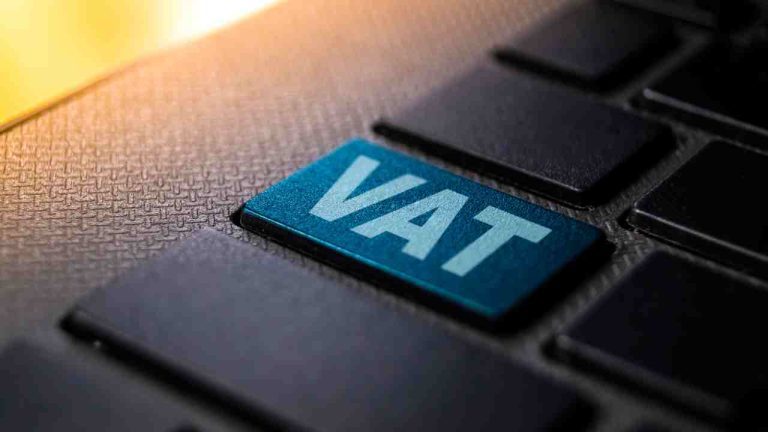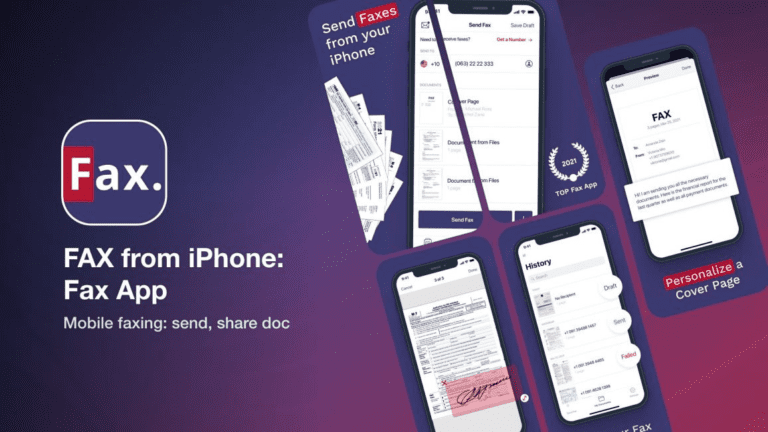- 1. What Is A File Server And What Are Its Benefits For Businesses?
- 2. How Do You Choose The Right File Server For Your Business Needs?
- 3. Are There Any Other Options Available To Businesses Besides File Servers?
- 4. How Much Does A File Server Cost, And Is It Worth The Investment?
- 5. What Are The Potential Problems With File Servers, And How Can They Be Avoided?
Businesses have various needs regarding technology, and file servers are a vital part of any infrastructure. If your business deals with large amounts of data, you will need a reliable file server to store it all. But with so many options on the market, how do you know which one is right for your business? For example, after you’ve figured out What is DevSecOps, and want to go ahead with security solutions to set up secure pipelines and infrastructure, you need to consider several factors.
You’ll want to think about things like storage capacity, processing power, and speed. One important consideration is the performance of the file server. Other important considerations include security features, reliability, ease of use, cost, and compatibility with existing software or hardware.
What Is A File Server And What Are Its Benefits For Businesses?
A file server is a networked storage device that centrally stores data from multiple users. Beyond just providing reliable data storage, file servers offer a range of other benefits for businesses, including increased collaboration, improved efficiency and productivity, enhanced security, and more. With the correct file server in place, your business can work smarter and more effectively than ever before.
Of course, choosing the right file server for your business needs is not always an easy task. There are many factors to consider when making your decision, including performance requirements, budget constraints, compatibility with existing software or hardware, and more. Additionally, you’ll need to be aware of any potential problems with file servers so that you can take steps to avoid them as much as possible.
How Do You Choose The Right File Server For Your Business Needs?
Some key considerations include performance requirements, such as storage capacity, processing power, and speed. Other essential factors include security features, reliability, ease of use, cost, and compatibility with existing software or hardware. Additionally, it’s important to keep in mind any potential problems that may arise with file servers so that you can take steps to address them proactively.
If you’re on a budget and have limited technical expertise, you may want to consider opting for an off-the-shelf file server solution from a reputable vendor. Alternatively, suppose your business deals with sensitive data or requires specialized capabilities unavailable in pre-packaged file servers. In that case, you may want to invest in a customized solution for your needs.
Are There Any Other Options Available To Businesses Besides File Servers?
Yes, there are several other options available to businesses when it comes to storing and managing data. For example, cloud-based storage solutions can provide a convenient and cost-effective alternative to file servers for many businesses. Other options include network-attached storage (NAS) devices or storage area networks (SANs), both of which offer unique advantages over traditional file servers based on your specific needs.
Ultimately, the best choice depends on your business requirements and priorities. Whether you choose a file server or another type of solution, it’s important to work with an experienced vendor who can help you navigate the selection process and set up your system correctly from the start.
While file servers can be effective tools for businesses, they are not without their potential problems. One common issue is data corruption, which can result from various factors and may be challenging to prevent or detect. Other possible problems include security breaches, downtime due to hardware failures, and compatibility issues with other applications or devices.
To protect your business against these and other risks associated with file servers, working with an experienced vendor who can help you maintain robust security measures is essential. They would also be able to implement effective backup and recovery procedures and address any compatibility issues before they become a problem. Additionally, regular monitoring and maintenance will help ensure that your file server is always performing at its best.
How Much Does A File Server Cost, And Is It Worth The Investment?
In terms of cost, file servers typically fall in the range of several thousand dollars, depending on the size and capabilities of the system. While this may seem like a significant investment, it is often worth the cost for businesses that rely heavily on data storage and require high performance, security, and reliability levels. Additionally, file servers often offer long-term savings in terms of reduced operational costs and increased productivity due to their ease of use and streamlined management capabilities.
What Are The Potential Problems With File Servers, And How Can They Be Avoided?
One critical potential problem with file servers is data corruption, resulting from various factors such as power outages, software bugs, human error, or hardware failures. To minimize this risk and ensure the integrity of your data, it’s important to implement robust backup and recovery procedures for your file server.
Additionally, regular monitoring and maintenance by experienced IT professionals can help detect any issues early on and prevent them from becoming exploitable security vulnerabilities or causing downtime in your system.
Finally, keeping your software up-to-date and using only trusted applications can help reduce the likelihood of malicious attacks that could compromise the security of your file server. Overall, by taking these proactive measures, you can help ensure that your file server is always running smoothly.







